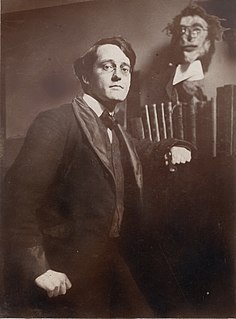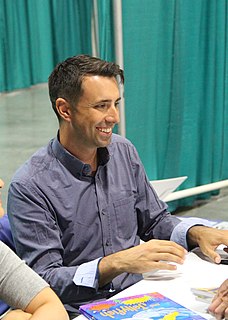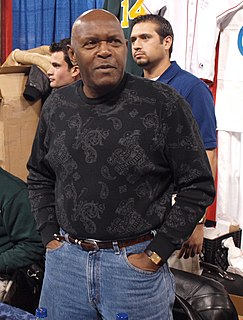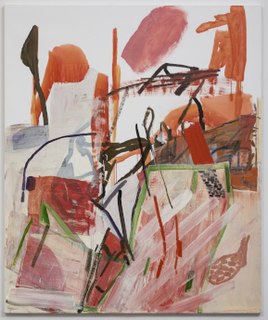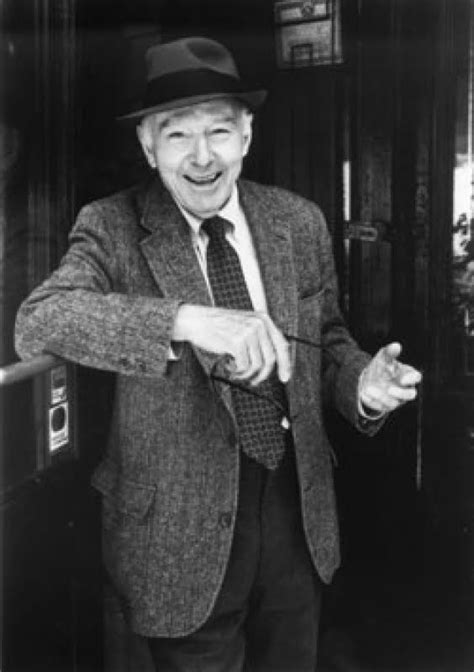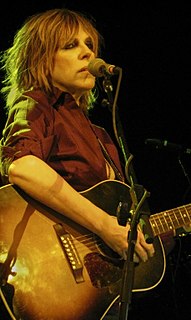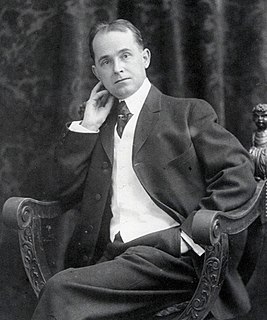A Quote by John French Sloan
Think of drawing as a way of talking about the things that interest you. Think of those wonderful documents, drawings made on scraps of paper by the lesser Dutch masters while they were wandering around market places and sitting in saloons.
Related Quotes
[Bernard Leach] was an incredible draftsman, and at the end of breakfast time, for instance, he would push his plate back, and he'd pull an old scrap of paper out of his pocket and a little stub of a pencil, and he'd begin to make small drawings, about an inch and a half, two inches tall, of pots that he wanted to make. And they were beautiful drawings. I really wish I'd stolen some of those scraps of paper, because those drawings were exquisite explorations of his ideas of form and volume in a ceramic piece.
Don't think about what the market's going to do; you have absolutely no control over that. Think about what you're going to do if it gets there. In particular, you should spend no time at all thinking about those rosy scenarios in which the market goes your way, since in those situations, there's nothing more for you to do. Focus instead on those things you want least to happen and on what your response will be.
When you think about being a director, you think about writing stories, putting the camera in interesting places and directing the actors to get your vision, but it's hard to imagine even this process... sitting here nine months later talking about the film and talking about it 20 times in one day. You don't even think about the part where you come to the set every morning and everyone's looking at you to see your mood in order to see what the day is going to be like, and the influence that you wield.
Horses don’t think the same as humans. Something that’s most unique about the horse, that I love, is not what he possesses but what he doesn’t possess. And that is greed, spite, hate, jealousy, envy, prejudice. The horse doesn’t possess any of those things. If you think about people, the least desirable people to be around usually possess some or all of those things. And the way God made the horse, he left that out.
The principle factor in my success has been an absolute desire to draw constantly. I never decided to be an artist. Simply, I couldn't stop myself from drawing. I drew for my own pleasure. I never wanted to know whether or not someone liked my drawings. I have never kept one of my drawings. I drew on walls, the school blackboard, odd bits of paper, the walls of barns. Today I'm still as fond of drawings as when I was a kid - and that was a long time ago - but, surprising as it may seem, I never thought about the money I would receive for my drawings. I simply drew them.
I don't think he was knowable. I mean, when most people talk about knowing somebody a lot or a little, they're talking about the secrets they've been told or haven't been told. They're talking about intimate things, family things, love things," that nice old lady said to me. "Mr. Hoenikker had all those things in his life, the way every living person has to, but they weren't the main things with him.
I know I draw without taking my pen off the page. I just keep going, and that my drawings I think of them as scribbles. I don't think they mean anything to anybody except to me, and then at the end of the day, the end of the project, they wheel out these little drawings and they're damn close to what the finished building is and it's the drawing.
The books I made, most of those books were made in the '80s or early '90s. I was reacting emotionally at that time; it wasn't an intellectual thing. I didn't make those things for public presentation; those were for my friends. So I wasn't doing this to be an advocate for what I'm talking about right about now. But I'm realizing I was working properly as an artist, or whatever you want to call it, as somebody that naturally was inquisitive.
Yes, absolutely because we think there is a way to do this through earned legalization without rewarding people who have come in with undocumented status, illegally. We don't want to give them an advantage over those who came here legally and we think that there's a way to do this while still respecting the rule of law. It's clear that what the President is talking about does not do that.
